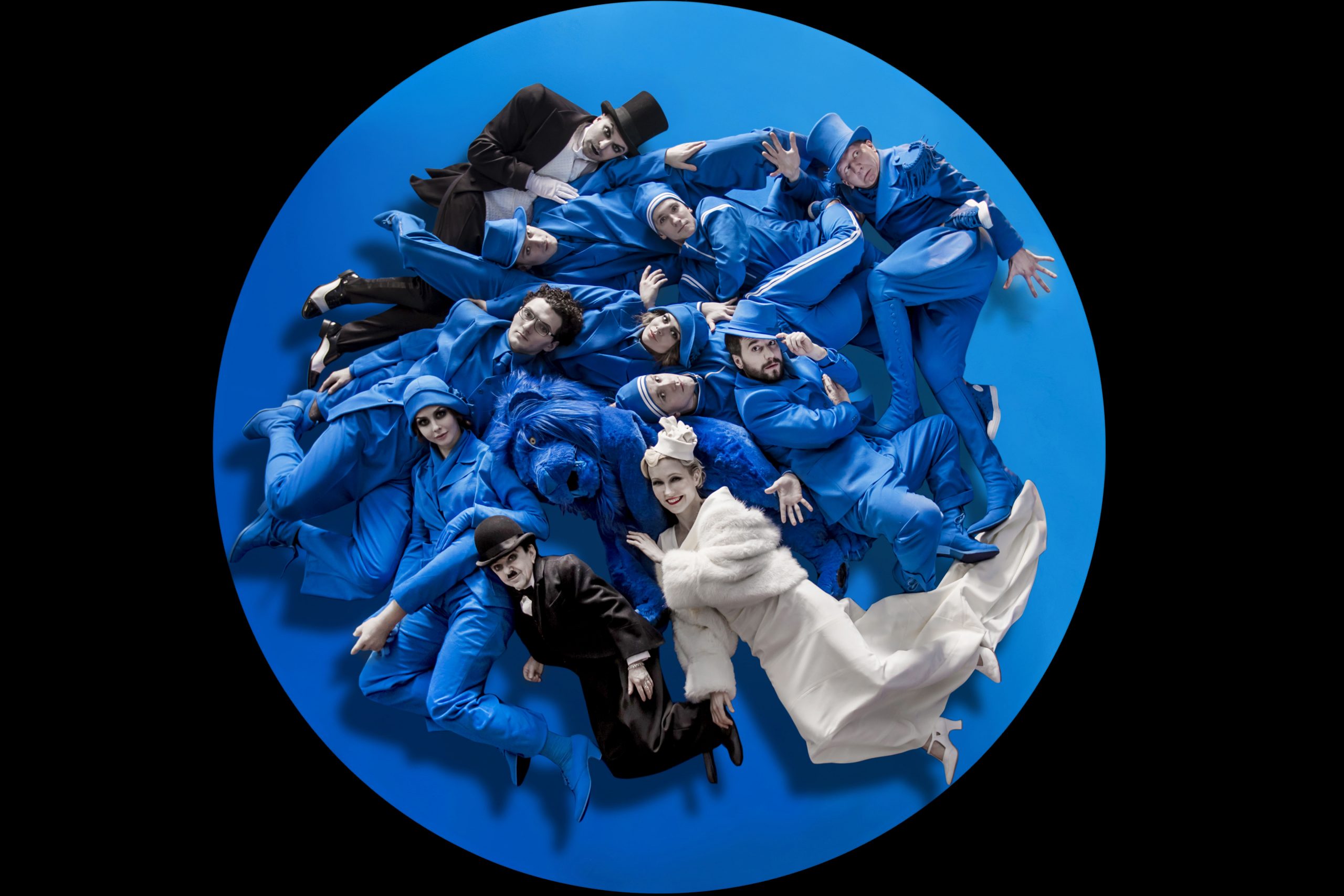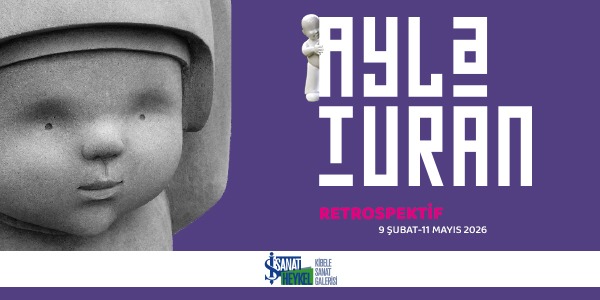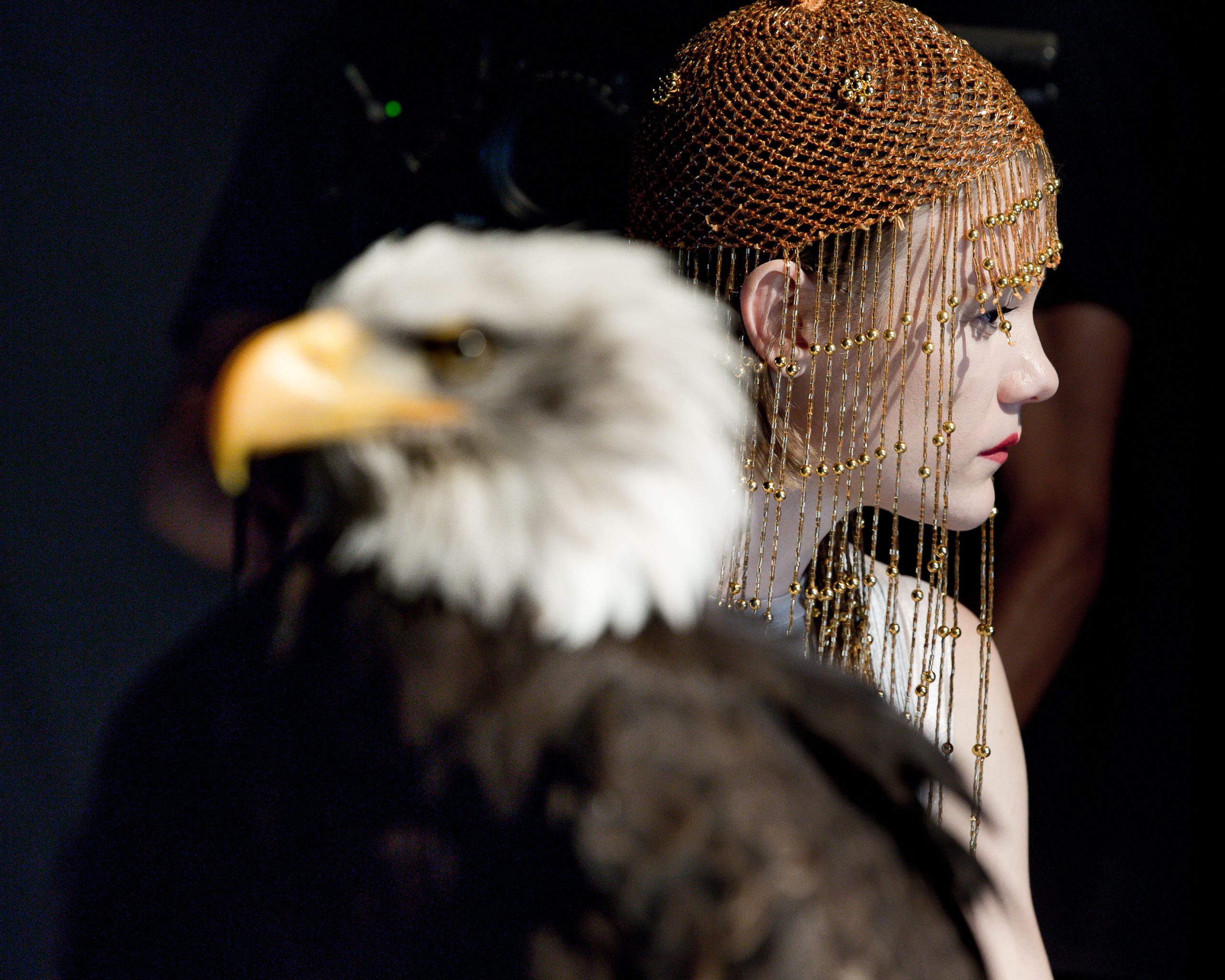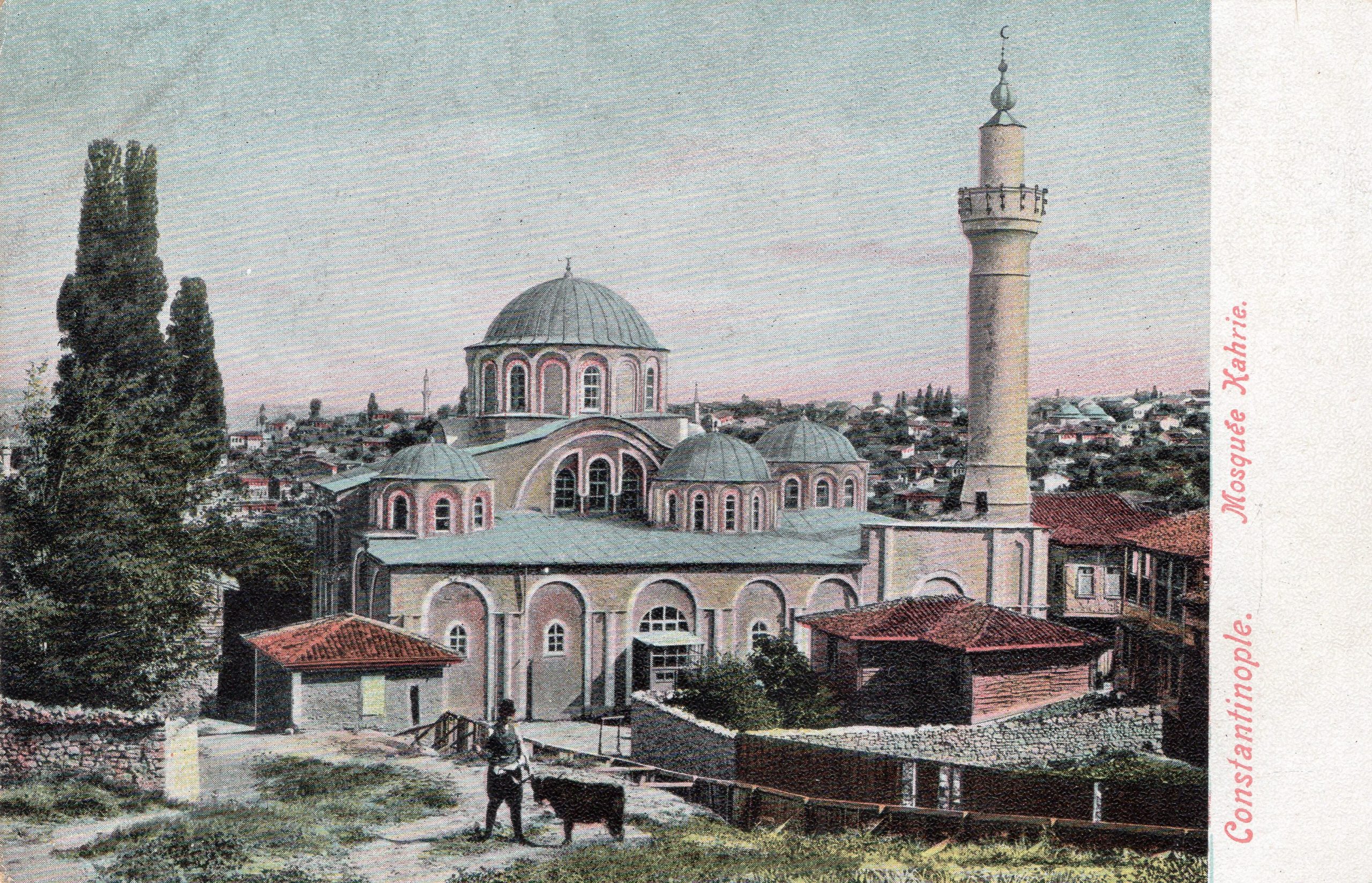From your biography we learn that you were brought up by close relatives who worked in the theater world in Lithuania and that at the age of four you appeared on stage for the first time for the Madame Butterfly opera.
First of all, I remember my grandmother who used to take me to the theatre, long before I started appearing on stage. I remember the costumes and how I was playing hide and seek in the props department. As a child from a theatre family, I could enjoy all the nice things the community offered.
You appeared in Hollywood films such as Mission Impossible and Seven Years in Tibet. How were you able to get those parts as a foreign actress when it’s already extremely difficult for American actors to get a part in a Hollywood movie?
There are a lot of foreign actors in Hollywood, British, Australian etc. The main difficulty in the acting profession is concerned with language, because we are dependent on it as actors. That is why, it is difficult, for instance, for Russian actors to work in Hollywood, because English is so different from Russian. But, if an actor can speak the language, then this barrier disappears.
You played the part of Brad Pitt’s wife in Seven Years of Tibet. What was it like working with him?
It is always a pleasure to work with big names.
You are a very productive actress. You work for film, for TV Series and for theatre. What are the differences between acting for TV, film and theatre? Which one do you prefer if any?
I do not see acting for film, theatre or TV as a question of preference. It’s part of my profession. Each one has its specificities of production, but the essence of the profession is the same.
Going back to The Circus, can you tell us a little bit about your character, Marion Dixon in The Circus?What do you like or dislike about this character?
My character is a foreign actress who comes to Russia. People are looking for similarities between Lyubov Orlova and me. Orlova also played the same role in “The Circus”. But I play Marion Dixon, rather than Lyubov Orlova as Marion Dixon. The main references for my character were the American films of the 30’s.
How did you prepare for the part? Was it physically demanding?
In the performance, I fly under the circus dome attached by cables. Professionals from a circus school -Andrei and Aslan- trained me. It was a wonderful experience. Challenging parts are always interesting.
What was the atmosphere like during rehearsals? How does Maxim Didenko work with actors? What kind of director do you think he is, from a performer’s perspective?
Each actor will have his own story about the experience of working with the same director and these stories will always be different. The point is not only in the method, but also in the human relations. The fact that Maxim Didenko and I have done more than one production together speaks for itself.
What do you like about this production and this kind of theatre? It seems to be a very demanding piece of work.
The question is not about the kind of theatre; rather it is about what the story is telling you. In the case of The Circus, it is important to know the context. The film was shot during a time of grave repression in 1936. Therefore, the story cannot be simple. Also, the play raises the theme of racism, which is a complex issue that is still current today.
What would you like to tell the Turkish audience specifically about The Circus?
Come see the show. The director Maxim Didenko and the set designer Maria Tregubova have created a very beautiful piece and it is a pleasure to be a part of it.
You are very well known in Russia, but you also have an international career. Can you compare working in Russia to working in America and Europe? What are some differences, similarities and/or difficulties?
All projects are different, but the country and the language don’t create the maindifferences. Factors such as the budget and the professionalism of the team are more important than whether I’m in America, Europe or Russia.
Can you tell us a little bit about your upcoming projects?
At the Theatre of Nations we are rehearsing the play Der zerbrochne Krugby Heinrich von Kleist. The director is Timofey Kulyabin and the premiere is scheduled for the beginning of next year.









